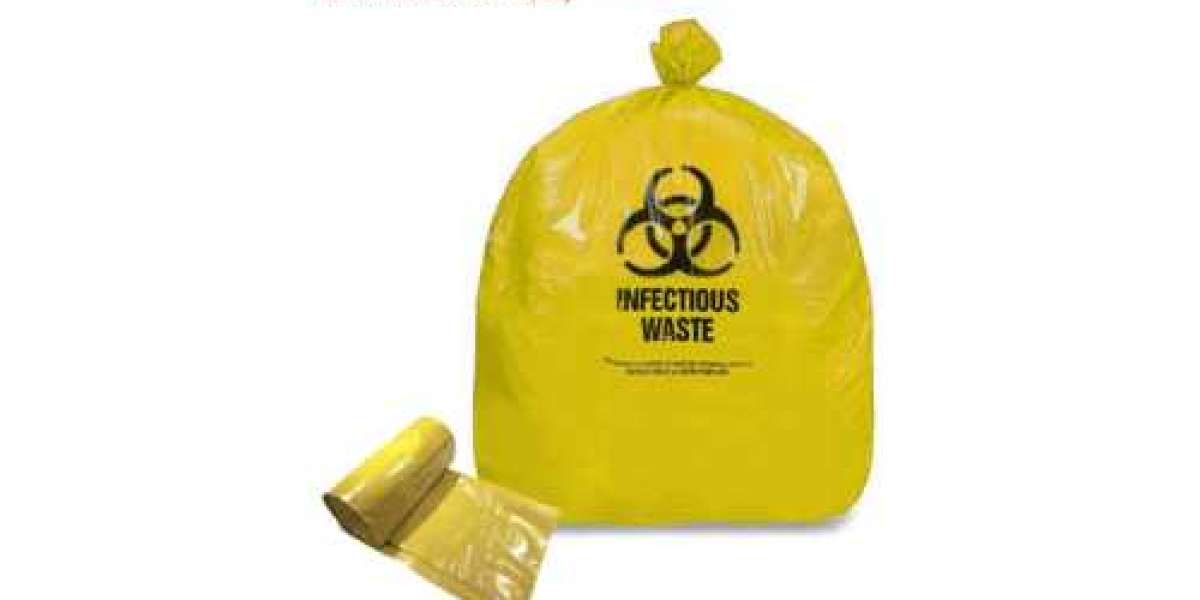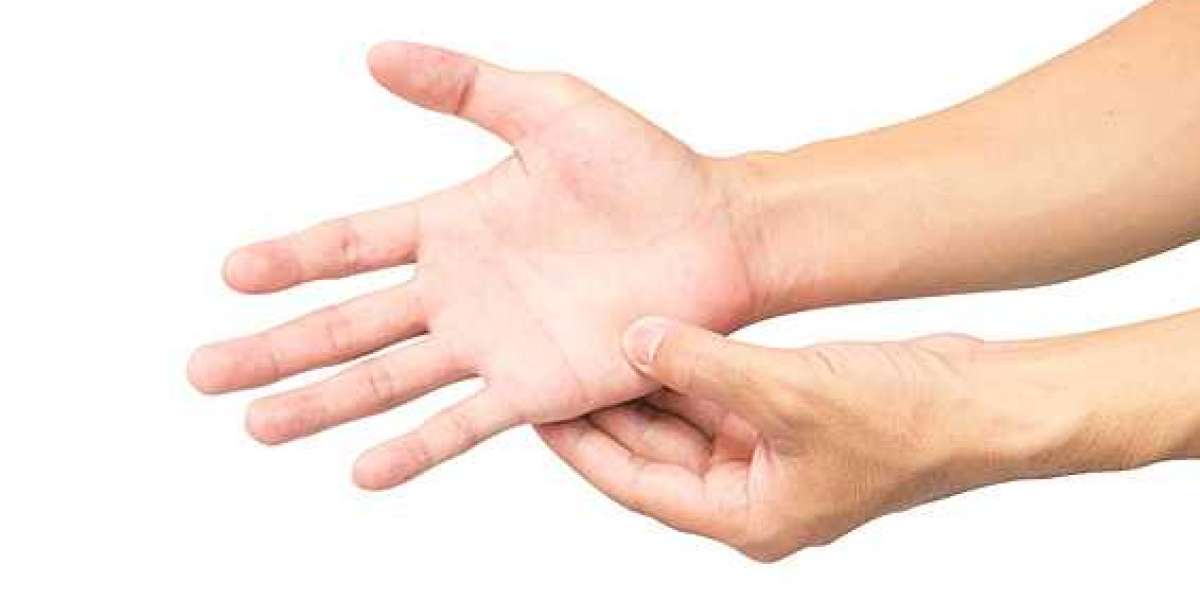Biohazard bags play a crucial role in safeguarding public health and environmental well-being. These specialized bags are designed for the safe containment and disposal of biohazardous waste, which includes materials potentially contaminated with infectious agents, harmful chemicals, or other dangerous substances.
This comprehensive guide delves into the significance of biohazard bags, exploring their applications, regulations, and key considerations for responsible use. We will also discuss prominent biohazard bag suppliers in India, highlighting their contributions to safe waste management practices.
Understanding Biohazardous Waste
Biohazardous waste encompasses a diverse range of materials that pose a potential threat to human health and the environment. Examples include:
- Medical waste: Used syringes, needles, bandages, blood bags, tissues, and other medical supplies contaminated with bodily fluids.
- Infectious waste: Cultures, stocks, and samples containing microorganisms like bacteria, viruses, or fungi.
- Pathological waste: Human or animal tissues, organs, and body fluids removed during surgery or autopsy procedures.
- Sharps waste: Needles, syringes, scalpels, and other sharp objects that can cause puncture wounds.
- Cytotoxic waste: Waste containing substances that are toxic to cells, including certain medications and chemotherapy drugs.
Improper disposal of biohazardous waste can lead to severe consequences, including:
- Spread of infectious diseases: Pathogens present in the waste can contaminate water sources, soil, and air, potentially leading to outbreaks of diseases like hepatitis, HIV, and tuberculosis.
- Occupational hazards: Healthcare workers and waste disposal personnel face significant risks of exposure to infectious agents if biohazardous waste is not handled and disposed of properly.
- Environmental damage: Untreated biohazardous waste can pollute water bodies and land, harming wildlife and disrupting ecosystems.
Biohazard Bag Suppliers: Ensuring Safe Disposal
Biohazard bag suppliers play a critical role in healthcare and laboratory settings by providing essential resources for the safe disposal of potentially infectious materials. These specialized bags are designed to contain biohazardous waste securely, minimizing the risk of exposure to harmful pathogens. From hospitals to research facilities, biohazard bag suppliers offer a range of options, including various sizes and materials, to meet the diverse needs of their clients. By partnering with reliable suppliers, institutions can uphold stringent safety standards and protect both personnel and the environment from biohazardous contaminants.
The Vital Role of Biohazard Bags
Biohazard bags act as a critical barrier, preventing the spread of pathogens and other hazardous materials during the collection, transportation, and disposal of biohazardous waste. They offer several key benefits:
- Containment: Biohazard bags are constructed with durable, puncture-resistant materials that prevent leaks and spills, minimizing the risk of exposure to hazardous materials.
- Identification: Biohazard bags are universally marked with the international biohazard symbol, readily alerting personnel to the presence of potentially infectious waste.
- Segregation: Different types of biohazardous waste may require specific disposal procedures. Biohazard bags come in various colors and classifications to facilitate proper segregation and handling.
- Compliance: Biohazard bags are designed to comply with local and national regulations governing the management of biohazardous waste.
Leading Biohazard Bag Manufacturer in India
When it comes to ensuring the safe disposal of hazardous materials, finding a reliable Biohazard bag manufacturer in India is crucial. These specialized bags are essential for the containment and disposal of medical waste, ensuring the protection of both individuals and the environment. In India, numerous manufacturers cater to this critical need, producing high-quality biohazard bags that meet international standards for safety and durability. From hospitals to research facilities, these bags play a pivotal role in maintaining hygiene and preventing the spread of infections. Choosing a reputable biohazard bag manufacturer in India guarantees not only compliance with regulatory requirements but also peace of mind knowing that hazardous waste is being handled responsibly and securely.
Medical Waste Bags: A Specific Focus
Medical waste bags, a specific type of biohazard bag, are crucial for healthcare facilities like hospitals, clinics, and laboratories. These bags are designed to collect and contain a variety of medical waste, including:
- Contaminated dressings and bandages
- Soiled gloves and gowns
- Expired medications
- Blood-soaked materials
- Sharps waste
Using the appropriate medical waste bags is essential for ensuring the safe handling and disposal of these potentially infectious materials within healthcare settings.
Conclusion
Biohazard bags are an indispensable tool in safeguarding public health and environmental well-being. By ensuring the proper containment and disposal of biohazardous waste, we can minimize the risk of disease transmission, occupational hazards, and environmental damage.
Frequently Asked Questions (FAQs)
Q1. What regulations govern the use of biohazard bags?
A1. Biohazardous waste management regulations vary depending on the country or region. In India, the Bio-Medical Waste Management Rules, 2017, outline specific guidelines for the segregation, collection, transportation, and disposal of biohazardous waste. These regulations mandate the use of biohazard bags that comply with defined standards.
Q2. How should biohazard bags be disposed of?
A2. Biohazard bags must be sealed securely after filling to prevent spills and leaks. The disposal process typically involves collection by licensed waste disposal companies who transport the waste to designated treatment facilities for incineration or other approved methods.
Q3. Where can I find more information about biohazard bags and regulations?
A3. Several government agencies and industry associations provide resources on biohazardous waste management practices and regulations. You can also consult with reputable biohazard bag suppliers for guidance on choosing the appropriate products for your specific needs.












